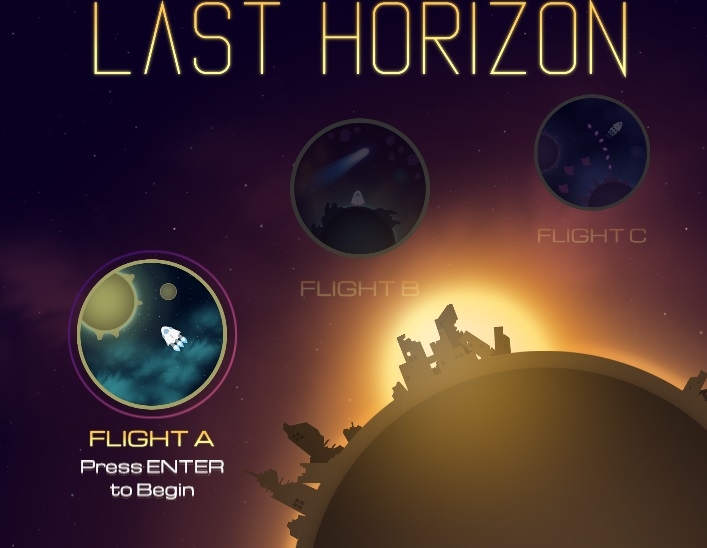
It’s more likely you enjoyed interacting with this person and appreciated how they did their jobs. Why did you choose these people? Was it because they were great at doing data analysis? Maybe, but it’s unlikely that mastery of a hard skill is the only reason. Think about your favorite and most admired coworkers, managers, and leaders. What is a good leader? That depends entirely on who’s answering the question and can be difficult to explain, show the results of, or learn if you’re not inherently skilled at it.


But saying that you’re a good leader isn’t as clear-cut.
#COOLMATHGAMES LAST HORIZON HOW TO#
Saying that you know how to prepare someone’s taxes or upload content using WordPress is fairly straightforward: Did the taxes get filed correctly? Is the content uploaded? Then you have those skills. Soft skills are also more subjective than hard skills. Are you always coming up with outside-the-box solutions and proposals? Can you give a presentation that makes everyone in the room sit up and pay attention? Do you always step in to help when someone on your team needs it? These are demonstrations of your soft skills-creativity, public speaking, and teamwork, respectively. While hard skills are often based on specific knowledge, “soft skills focus more on your actual behaviors or habits in work situations,” says Muse career coach Al Dea.

Strong communication skills will mean fewer misunderstandings, clearer indications of progress toward goals, and a more cohesive work environment, among other benefits. For example, one big category of soft skills is communication skills, which help you to interact with your coworkers, clients, and anyone else you come across in your job. Soft skills are the traits and qualities you possess that dictate how you’ll engage with others-also known as interpersonal skills-and how you’ll perform in the workplace. “Soft skills are intangible attributes related to how you work,” says Muse career coach Jennifer Smith, founder of Flourish Careers.


 0 kommentar(er)
0 kommentar(er)
